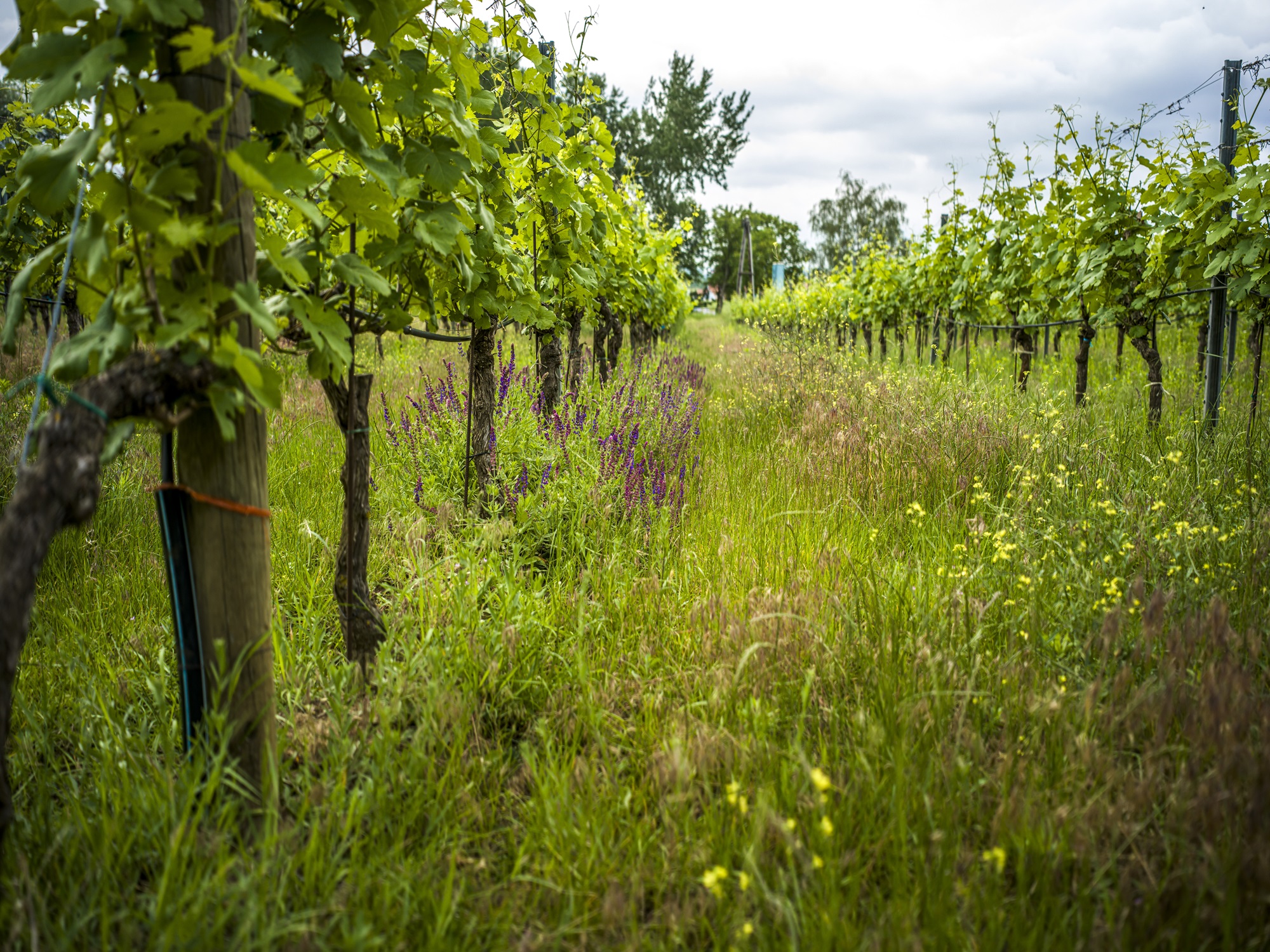Austrian agriculture sets great store by climate protection and careful use of natural resources – and both of these mean hard work. The government ministry responsible for such matters was thus recently very proud to announce that no less than 25% of the vineyard land in Austria is certified as organically managed.
In 2023, the proportion of land farmed organically for wine-growing in Austria was 22.6%, making it the international leader amongst the wine-producing nations; Spain (17.8 %), France (17.4 %) and Italy (14.6 %) all lagged a good few percentage points behind.
The amount of land given over to organic wine-growing has now risen to a quarter. Climatic conditions are already a greater challenge for conventional vine cultivation than in other wine-growing countries, and the outlay for vineyard care and maintenance for vines is higher still for organic growers, with much of the work often done by hand. There are also strict regulations governing which fertilisers, plant foods and crop protection product may be used. The prime directive of organic wine-growing is to promote the health, fertility and bio-dversity of the vineyard’s ecosystem.
Despite the additional costs and risks, the proportion of organic vineyards has grown steadily over the last 25 years – in 2000, it had accounted for only 1.7%. But this isn’t all – bio-dynamic land management and quality labels for sustainability underscore the commitment of Austrian vintners, and this is paying off with expanding export business; demand for environmentally friendly wine produce is particularly high in Scandinavia and Canada.




